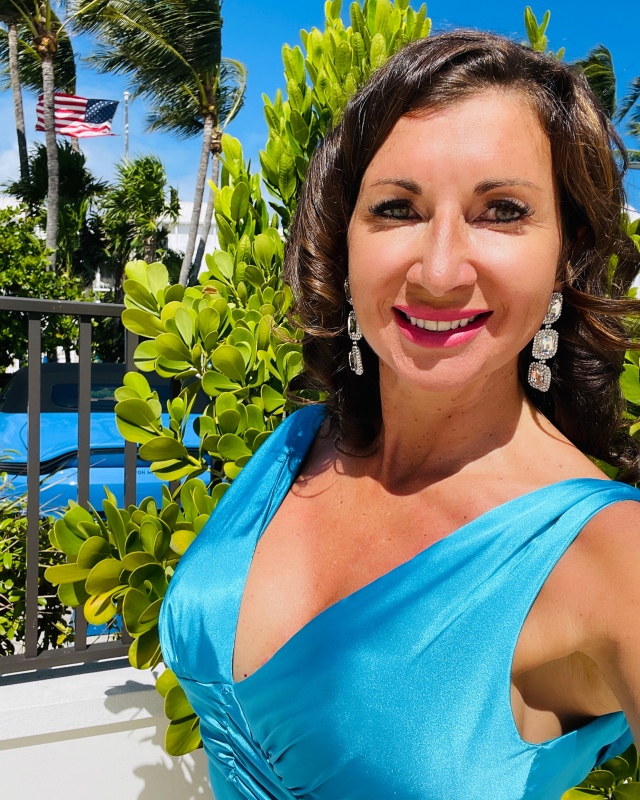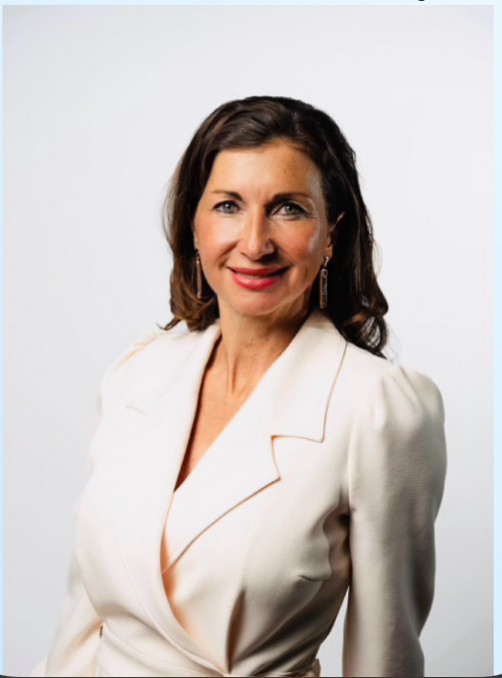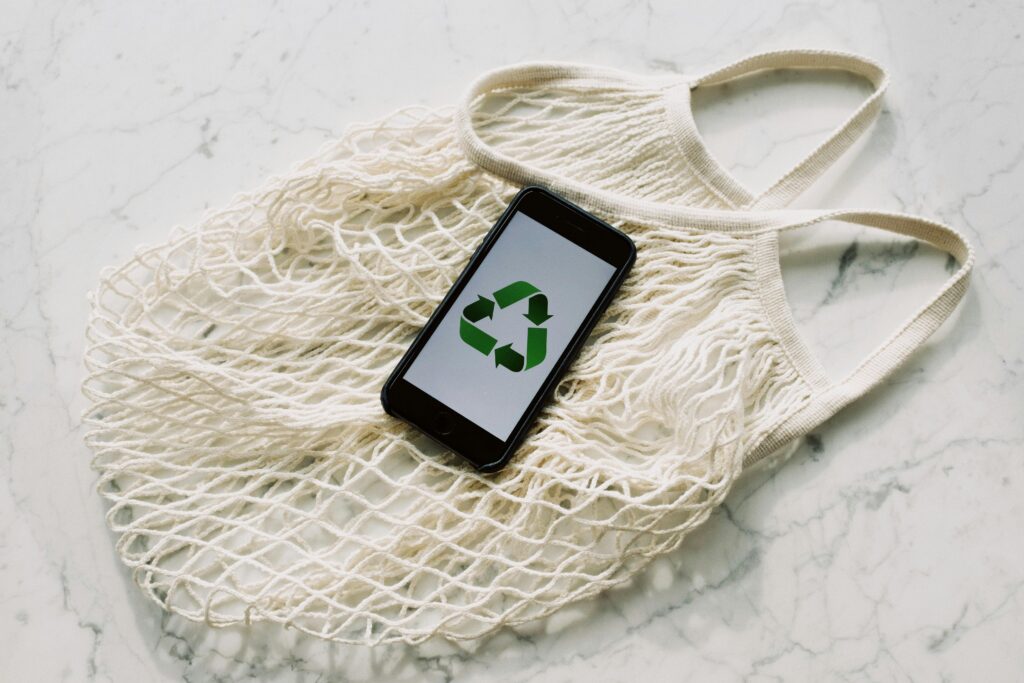Cancer. It’s a word that can stop anyone in their tracks. We’ve all seen the campaigns—donate to cancer research, join the marathon, wear the pink ribbon—but despite the billions of dollars funneled into finding a cure, cancer rates are still rising. In fact, the past two years have seen an alarming spike. This begs the question: Why aren’t we closer to a solution? Why hasn’t the oncology industry eradicated cancer despite decades of research?
Svetlana Rilkoff’s perspective is a wake-up call to anyone seeking genuine solutions to cancer. “Cancer is a story we’ve been told for far too long,” she says. “It’s time we start looking at it from a different angle—one that empowers the body to heal itself.”
The internet is overflowing with “miracle cures” for cancer and supposed foolproof ways to prevent it. Well-meaning friends and family may often encourage cancer patients to try these remedies in the hopes of finding an alternative to conventional treatments. It’s completely understandable—cancer brings uncertainty, fear, and anxiety, and with that, the temptation to grasp at any glimmer of hope, even if it isn’t backed by medical evidence. Some patients, concerned about the potential side effects or effectiveness of traditional treatments, may be drawn to alternatives that have no scientific support, or worse, could even be harmful.
Svetlana puts it, “With the rising trend toward natural remedies to enhance general health, many patients face a flood of misinformation. While they turn to these natural treatments to prevent or combat cancer, it’s important to remember that many advocates of these products don’t have medical or oncological training.” Her biggest concern is when patients delay seeking proper medical care in favor of these unproven alternatives.
Her philosophy begins with understanding what cancer really is. According to Svetlana, cancer isn’t some rogue villain that suddenly invades the body. It’s more like the body’s attempt to protect itself from foreign substances. “Cancer is a collection of unhealthy cells and tissues,” she explains. “Think of it as a sack of toxins the body has collected in an effort to rid itself of harmful substances.”
From pesticides in our food to vaccines, which she believes are unnecessary and harmful, Svetlana advocates that these foreign substances are the real culprits. The immune system reacts to these invaders by creating what we know as tumors. And here’s where the shift in thinking begins: cancer isn’t just a random illness. It’s a parasitic-like infection, feeding off the body’s resources.

The mainstream treatments like biopsies, chemotherapy, and radiation aren’t the answers. “When you puncture a tumor for a biopsy, you risk spreading the unhealthy tissues throughout the body,” she notes. “And chemotherapy, while it might shrink the tumor, doesn’t heal the body—it only introduces more toxins.”
“The heartbreaking reality is that by the time some patients return to conventional treatments, their cancer has already spread, limiting their options for recovery.”
In her experience as a founder, patients often come to her after they’ve exhausted traditional methods or are searching for alternatives right from the start. What they offer is a radical departure from the norms, instead the focus on a suite of alternative therapies aimed at healing the root cause of cancer, not just treating the symptoms.
One of the cornerstone treatments is the use of anti-parasitic medicines. “When cancer is treated with high doses of these anti-parasitic drugs, tumors begin to shrink,” Svetlana says. It’s a revelation that many may find surprising, but the results, according to her, speak for themselves.
She explains further, “We believe cancer acts like a parasite—something that feeds off its host, eliminating waste and toxins in the body. When we attack the parasitic nature of cancer, we can see real progress.”
But it’s not just about medication. Ezra Healing incorporates a low-carb, ketogenic diet into their treatment plans. “Cancer feeds on sugar,” Svetlana says. “By removing sugar from your diet, you’re essentially starving the cancer. Combine that with intermittent fasting, and you’ve created an environment in your body where cancer has little to no chance of thriving.”
Perhaps one of the most powerful principles guiding their team is their commitment to the motto: “Do No Harm.” For Svetlana, this goes beyond just avoiding harmful treatments like radiation and chemotherapy. It’s about ensuring that everything put into or done to the body has a positive, healing effect.
“When I trained as a nurse, I made a promise to my patients—to always act in their best interest, even if that meant going against the grain,” she recalls. “I’ve seen too many people suffer not from cancer itself, but from the treatments they were subjected to. We need to rethink how we approach cancer care.”
The “Do No Harm” philosophy also applies to the diagnostic process. Svetlana warns against invasive procedures like biopsies, which she believes can cause more harm than good. “Our bodies are doing the hard work of collecting toxins and harmful cells into a single tumor. The last thing we should do is disturb that process by puncturing it.”
This patient-centric, holistic approach aims to eliminate the fear and anxiety often associated with cancer diagnoses. Svetlana is adamant that fear itself can be paralyzing to the body’s healing abilities. “Doctors often give patients timelines—’ You have three months to live’—but this only instills fear, and that fear can block the body from healing.”
Our conversation with her often emphasized the importance of supporting the body’s immune system. “When we help the immune system do what it’s supposed to do, healing can happen. We don’t need to attack the body with harmful chemicals; we need to support it.”
One of her go-to recommendations for people is to focus on prevention—making conscious choices about what goes into the body. “What you don’t put into your body is just as important as what you do. Avoiding toxins, eating a clean diet, and boosting your immune system with the right medicines is key.”
She sees a shift happening, not just in her practice but globally. “The pandemic exposed a lot of the flaws in the traditional medical system,” she says. “Now more than ever, people are looking for alternatives, for methods that truly support wellness and prevention.”
“There’s a movement happening,” she concludes. “We’re reclaiming health for ourselves, and we’re doing it without harmful interventions. It’s time for a change, and I’m proud to be part of it.”










